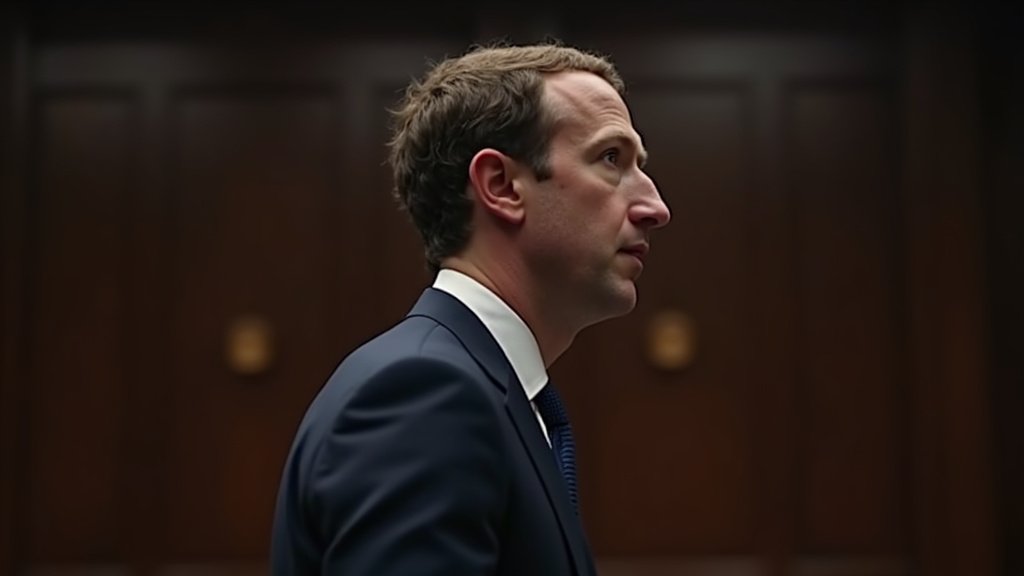A federal judge has mandated the Trump administration to restore $500 million in grant funding to the University of California, Los Angeles (UCLA), a significant win for the university after months of funding uncertainty. U.S. District Judge Rita Lin in San Francisco issued a preliminary injunction on Monday, ruling that the government likely violated the Administrative Procedure Act by failing to provide specific, reasoned explanations for the funding cuts.
Background of the Funding Freeze
The extensive freeze on UCLA’s federal grants, totaling $584 million, was announced in August by the Trump administration. The stated reasons for suspending these critical funds included allegations of civil rights violations, specifically concerning antisemitism on campus, affirmative action practices, and policies related to transgender individuals in sports. These allegations stemmed, in part, from the university’s handling of pro-Palestinian protests in 2024. The federal government’s actions were part of a broader effort to exert pressure on institutions of higher education, with similar investigations and funding freezes targeting other prominent universities like Harvard, Columbia, and Brown.
Judge Lin’s Ruling and Legal Basis
Judge Rita Lin’s decision hinges on the government’s failure to adhere to proper administrative procedures. The judge stated that the agencies notified UCLA through broad, generalized form letters rather than providing specific, grant-by-grant justifications for the suspensions. This lack of detailed reasoning, according to the ruling, likely violates the Administrative Procedure Act, which governs how federal agencies can enact regulations and make decisions. In her ruling, Lin emphasized that the government committed a “fundamental sin” by issuing “un-reasoned mass terminations” of grants. This is not the first time Lin has ruled in favor of UC researchers; she previously ordered the restoration of $81 million in National Science Foundation grants to UCLA in August, finding earlier suspensions unlawful and a violation of a prior June injunction.
Impact on UCLA and its Research
The frozen grants are crucial for a wide array of research at UCLA, including vital medical studies on Parkinson’s disease, cancer recovery, and nerve regeneration. University leaders had warned that the prolonged suspension could have led to devastating consequences, including potential layoffs and the closure of critical laboratories. The restoration of these funds is expected to alleviate immediate financial pressures and allow ongoing research projects to continue without interruption. The ruling also affects federal funding awarded to all 10 UC campuses, restoring millions of dollars in grants from the Department of Defense and Department of Transportation in addition to the National Institutes of Health (NIH) grants.
Governor Newsom’s Stance and Broader Context
California Governor Gavin Newsom has been a vocal critic of the Trump administration’s approach to university funding. He has previously denounced the administration’s proposed $1 billion settlement from UCLA as “extortion” and urged university leaders not to “sell their soul” to the federal government. Newsom has vowed to “fight like hell” against such tactics, emphasizing that the administration’s actions undermine academic freedom and democratic principles. The case is part of a larger trend where the Trump administration has leveraged federal funding to push for reforms at universities it has accused of liberalism and antisemitism, often linking these issues to civil rights enforcement.
Legal Battles and Similar Cases
This ruling is the latest development in a series of legal confrontations between the Trump administration and academic institutions. In a similar case involving Harvard University, a federal judge ruled in early September that the funding freeze constituted illegal retaliation for the university’s refusal to comply with the administration’s demands. Harvard had filed its own lawsuit, alleging violations of its constitutional rights and the Administrative Procedure Act. While Columbia and Brown universities reached settlements to preserve their funding, Harvard is engaged in ongoing negotiations. The legal challenges often center on whether the government’s actions violated the First Amendment, Title VI of the Civil Rights Act, or procedural requirements under the APA. This news from los Angeles is a significant development for higher education funding across the nation.
Conclusion
Judge Lin’s order provides a critical reprieve for UCLA, ensuring that vital research can continue and that the university is not crippled by what the court deemed procedurally flawed funding cuts. The ongoing legal battles highlight the complex interplay between federal oversight, university autonomy, and the funding of academic research in the United States. The implications of this decision may resonate across the popular higher education landscape, setting precedents for future disputes over federal grant allocations.





